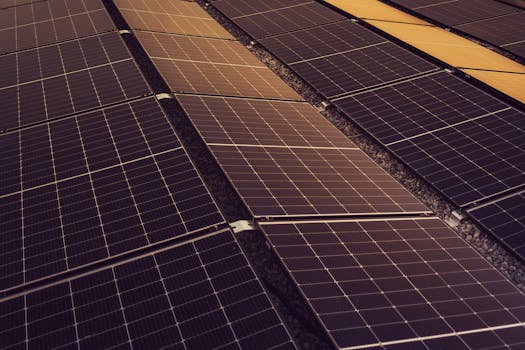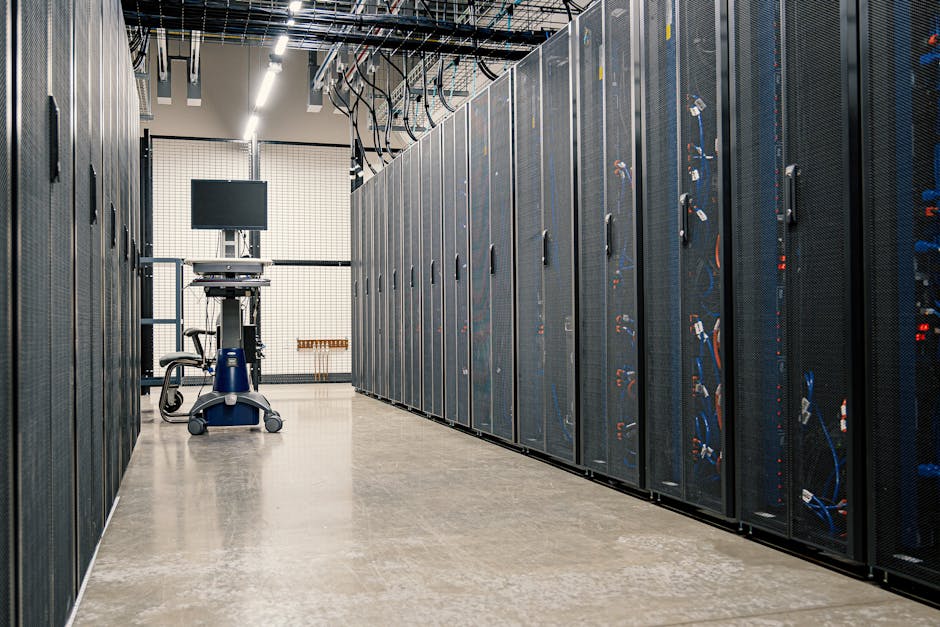
Sustainability and Fiber: How African Companies are Leading the Way
Sustainability and fiber are two terms that are increasingly being linked together, especially in the context of African companies. As the world grapples with the challenges of climate change, environmental degradation, and social inequality, African companies are rising to the occasion, leveraging fiber to promote sustainability and eco-friendly practices.
Sustainability and fiber are intricately connected, and African companies are at the forefront of this movement. Fiber, in its various forms, is being used to create innovative products, reduce waste, and promote renewable energy sources. From textile production to telecommunications, fiber is playing a vital role in shaping the sustainability landscape in Africa.
The State of Sustainability in Africa
Africa is a continent with vast natural resources, diverse cultures, and a growing economy. However, it also faces significant sustainability challenges, including deforestation, pollution, and climate change. The African continent is home to 17 of the 28 countries most vulnerable to climate change, and the impacts are already being felt, from droughts to floods, and heatwaves to sea-level rise.
Despite these challenges, African companies are leading the way in sustainability, driven by a growing awareness of the need to protect the environment, conserve natural resources, and promote social equity. The African Union’s Agenda 2063, which aims to transform the continent into a global powerhouse, prioritizes sustainability, and many African companies are embracing this vision.
African Companies Leading the Way in Fiber Sustainability
Several African companies are making significant strides in fiber sustainability, from producing eco-friendly textiles to developing innovative telecommunications solutions. For example, the South African company, Mohair South Africa, is promoting the use of mohair, a natural, biodegradable fiber, in textile production. This not only reduces waste but also supports local farmers and communities.
In the telecommunications sector, companies like MTN and Vodacom are investing heavily in fiber-optic infrastructure, which is not only faster and more reliable but also more energy-efficient than traditional copper-based networks. This shift towards fiber-optic technology is reducing carbon emissions, promoting renewable energy sources, and supporting the development of digital economies across Africa.
Conclusion
In conclusion, sustainability and fiber are inextricably linked, and African companies are at the forefront of this movement. From textile production to telecommunications, fiber is being used to promote eco-friendly practices, reduce waste, and support renewable energy sources. As the world continues to grapple with the challenges of climate change, environmental degradation, and social inequality, African companies are paving the way for a more sustainable future.
The focus on sustainability and fiber is not only good for the environment, but it also makes business sense. Companies that prioritize sustainability are more likely to attract investors, retain customers, and improve their bottom line. As the African continent continues to grow and develop, it is essential that sustainability remains at the forefront of business strategy and decision-making.







